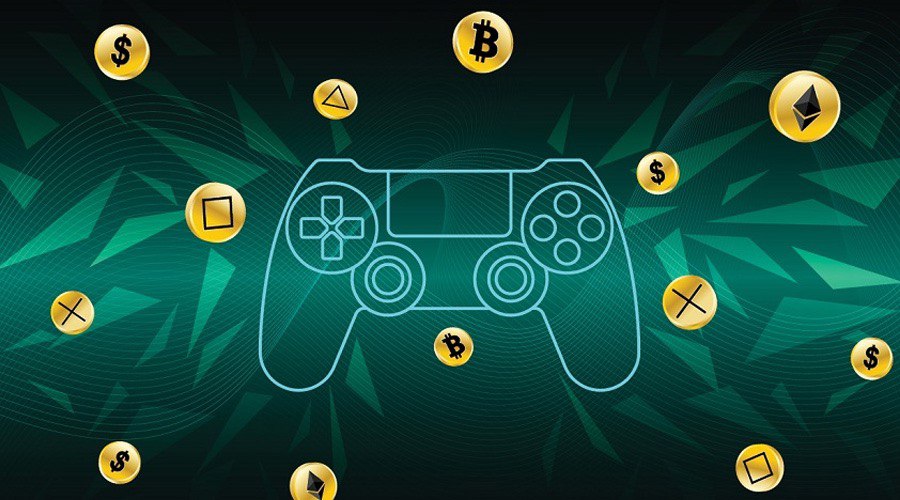Monetizing the In-Game Economy: Strategies for Financial Institutions in the Game Industry
The intersection of the financial and gaming industries provides a unique opportunity for financial institutions to enter the rapidly evolving world of the gaming economy.。

The intersection of the financial and gaming industries provides a unique opportunity for financial institutions to enter the rapidly evolving world of in-game economies.。As the gaming industry continues to expand, virtual currencies and in-game assets have also gained significant value.。
Building financial products around virtual currencies
Understanding the dynamics of the in-game economy is critical before delving into monetization strategies。Virtual currencies, digital assets and in-game transactions have become an integral part of the gaming experience。Financial institutions can use their expertise to navigate this landscape and identify profitable opportunities。
A key strategy for financial institutions is to develop tailor-made financial products around the virtual currencies used in the gaming ecosystem.。This can include virtual currency wallets, digital asset management services, and investment products linked to in-game economic performance.。By offering these products, financial institutions can attract gamers who want to manage and grow their virtual wealth.。
Working with game platforms
Partnering with gaming platforms is another avenue for financial institutions to explore。Through partnerships, financial institutions can seamlessly integrate their financial services into the gaming ecosystem。This could involve co-branded credit cards, exclusive in-game financial offers, or even sponsoring in-game events。These partnerships provide direct access to the gaming community and provide financial solutions based on the needs of the gaming community。
Facilitating in-game trading Simplifying in-game trading is a fundamental aspect of monetizing the in-game economy。Financial institutions can develop systems that facilitate safe and efficient in-game purchases, including optimizing payment gateways, implementing blockchain technology to increase transparency, and ensuring seamless integration with gaming platforms。By providing reliable trading services, financial institutions can position themselves as trusted partners in the gaming community。
Investing in Gaming Securities
As in-game assets gain real-world value, financial institutions can explore the creation of investment products linked to game securities, including funds that invest in companies in the game industry, exchange-traded funds (ETFs) that focus on games, and even investment products that are directly linked to the performance of specific game assets.。These innovative financial instruments meet the needs of both gamers and investors in the growing gaming industry。
Gamer Education Program
Financial institutions can play a role in educating gamers about the financial aspects of the in-game economy。By offering educational resources, webinars or workshops, financial institutions can empower players to make informed decisions about their virtual wealth。This will not only improve the financial literacy of the gaming community, but also promote positive relationships between gamers and financial institutions。
Regulatory Considerations and Compliance
In-game economic monetization requires careful consideration of regulatory frameworks。Financial institutions must grasp legal requirements to ensure compliance with financial regulations and consumer protection laws。Establishing transparent and ethical practices is critical to building trust within the gaming community and regulators。
结论
Monetization of the in-game economy offers a promising area for financial institutions seeking new avenues for growth and innovation。By understanding the dynamics of virtual currencies, building strategic partnerships, facilitating transactions, creating innovative financial products, and educating gamers, financial institutions can be at the forefront of the evolving intersection between finance and gaming。As the gaming industry continues to prosper, there are unlimited opportunities to monetize the in-game economy, providing a win-win situation for financial institutions and a vibrant gaming community.。
Disclaimer: The views in this article are from the original Creator and do not represent the views or position of Hawk Insight. The content of the article is for reference, communication and learning only, and does not constitute investment advice. If it involves copyright issues, please contact us for deletion.